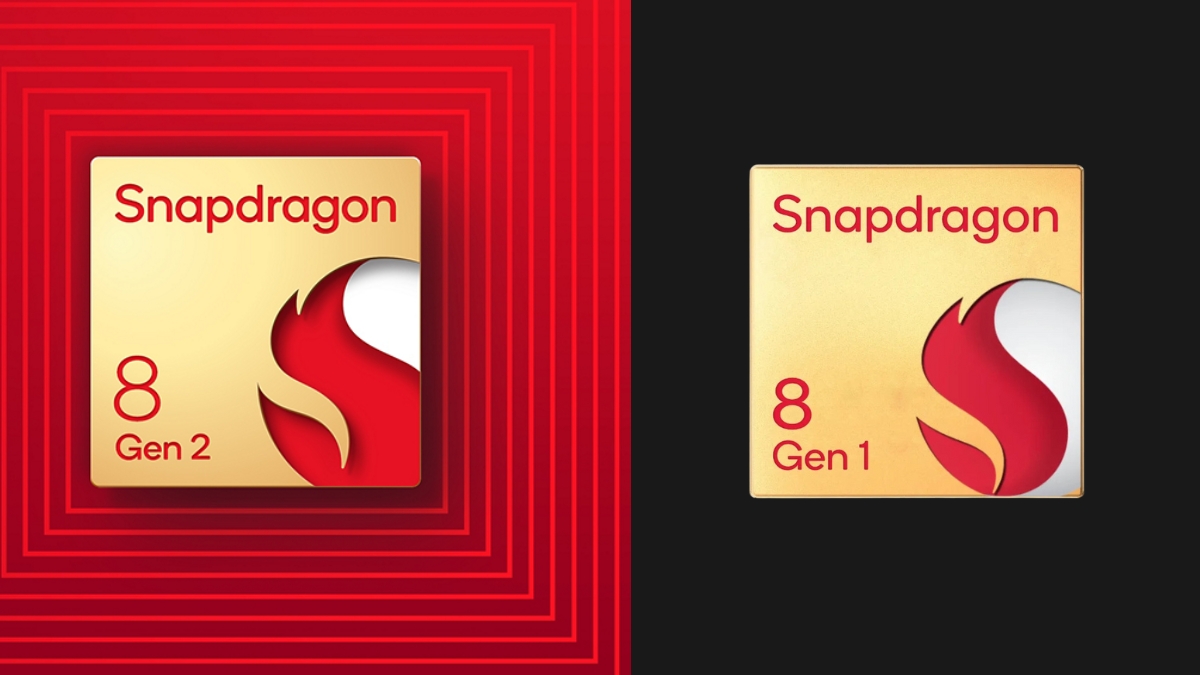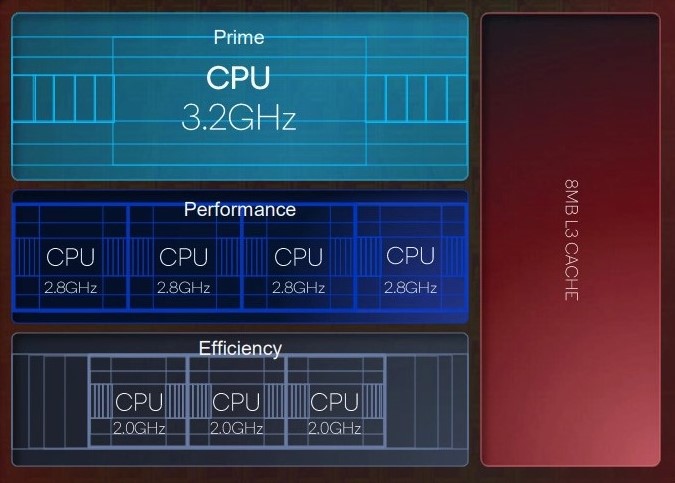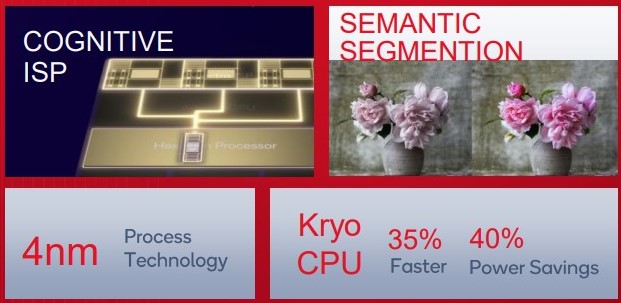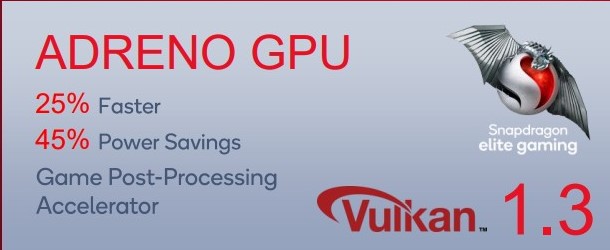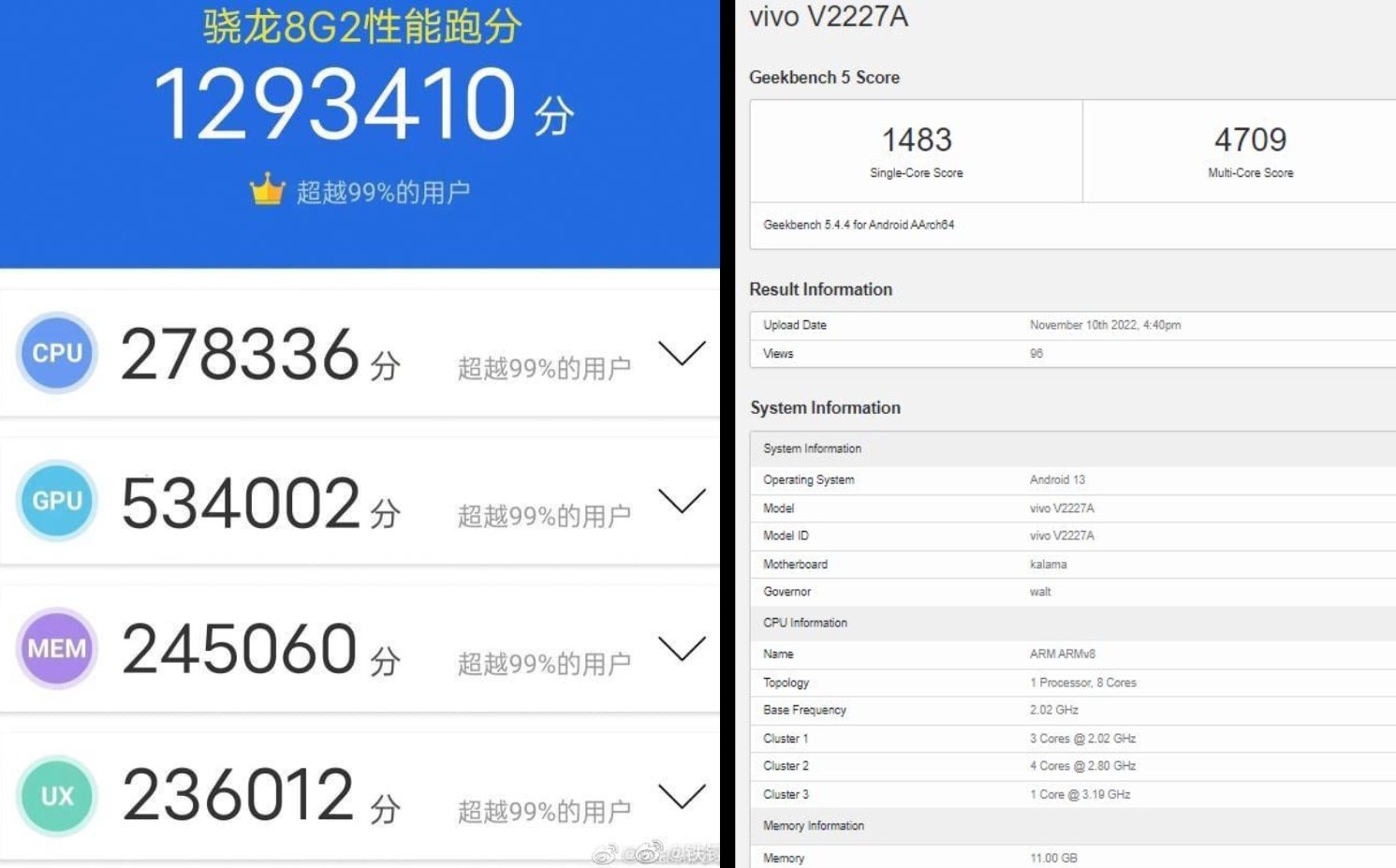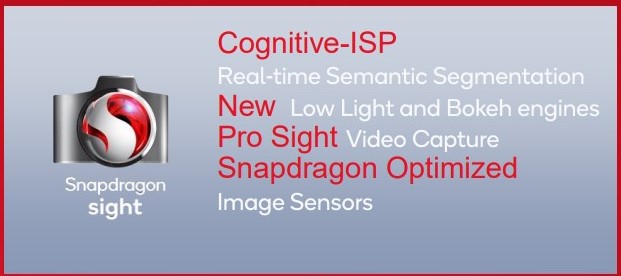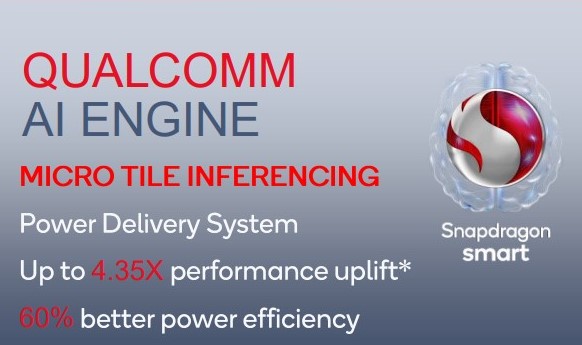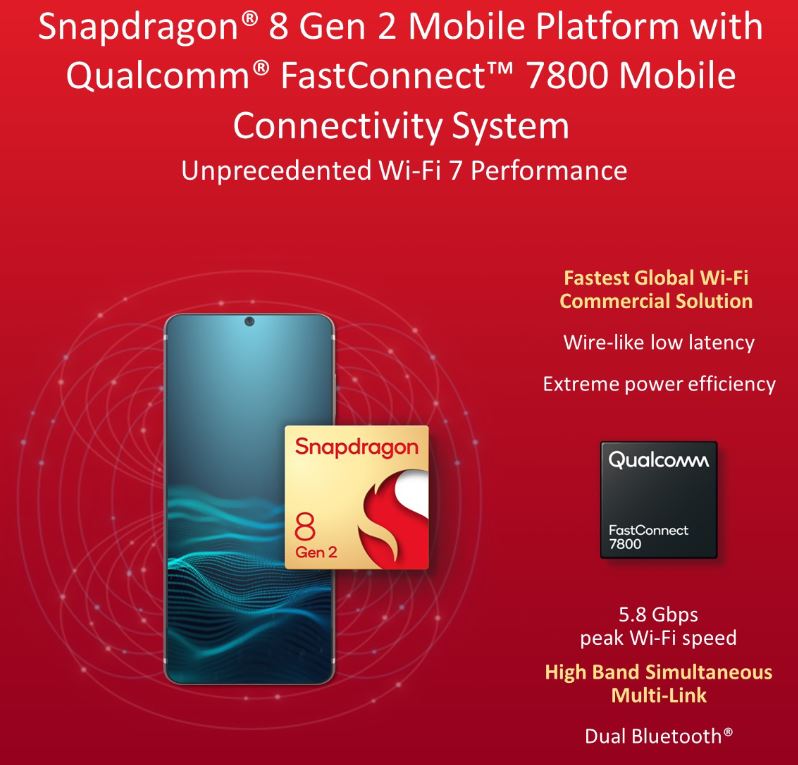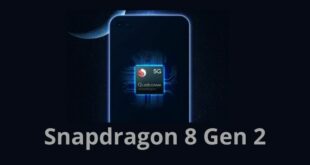Qualcomm has finally announced the Snapdragon 8 Gen 2 at the Snapdragon Summit 2022. The Snapdragon 8 Gen 2 was anticipated to bring many improvements over the Snapdragon 8 Gen 1. The Snapdragon 8 Gen 1 was a bit of a disappointment for Qualcomm. The main issue of the Snapdragon 8 Gen 1 was overheating.
Qualcomm tried to regain its reputation with the launch of the Snapdragon 8+ Gen 1, which solved most of the issues people had with the 8 Gen 1, including the overheating problem. And with the Snapdragon 8 Gen 2, Qualcomm is bringing some vast improvements. Let’s have a look.
Snapdragon 8 Gen 2 vs Snapdragon 8 Gen 1 Comparison
1. CPU Performance
Regarding CPU performance, the Snapdragon 8 Gen 1 was not very good at it. For instance, the Snapdragon 8 Gen 1 had 1x Cortex-X2 core clocked at 3.0GHz, 3x Cortex-A710 cores clocked at 2.5GHz, and 4x Cortex-A510 cores clocked at 1.8GHz. It was based on Samsung’s 4nm fabrication process, which caused it to overheat even when performing basic tasks. It wasn’t very power efficient either.
On the other hand, the Snapdragon 8 Gen 2 is based on TSMC’s 4nm fabrication process, which is much more efficient than Samsung’s. It is also an octa-core processor with 1x Cortex-X3 core clocked at 3.2GHz, 4x Cortex-A715 cores clocked at 2.8GHz, and 3x Cortex-A510 cores clocked at 2.0GHz. The CPU performance has been improved by 35%, which is a huge difference. Not only the improved performance, but the Snapdragon 8 Gen 2 is also 40% more power efficient, mainly due to TSMC’s node.
2. GPU Performance
The Snapdragon 8 Gen 2 again brings a massive improvement to the GPU. It brings the Adreno 740 GPU, which is much faster than the Adreno 730 on the Snapdragon 8 Gen 1. To be precise, the Adreno 740 GPU delivers a 25% better performance than the Adreno 730 while consuming 40% less power. This means you can play games on the Snapdragon 8 Gen 2-powered device without worrying about overheating or your battery dying out soon.
The Snapdragon 8 Gen 2 also supports the latest UFS 4.0 storage, while the Snapdragon 8 Gen 1 only supports UFS 3.1. The RAM support is also superior on the 8 Gen 2. It supports LPDDR5X RAM clocked at 4200MHz, while the 8 Gen 1 supports LPDDR5 RAM clocked at 3200MHz.
3. Benchmarks (Leaked)
The Snapdragon 8 Gen 2 was just announced, but we already have the leaked benchmarks. These are the benchmarks of the upcoming Snapdragon 8 Gen 2-powered Vivo X90 Pro+, launching on November 22.
On AnTuTu 9, the Snapdragon 8 Gen 2 scored 1,293,410, over 19% higher than the Snapdragon 8 Gen 1 score. For reference, the Snapdragon 8 Gen 1 scored 1,061,361 on the Moto Edge X30. The Snapdragon 8 Gen 2 is ahead of the Snapdragon 8 Gen 1 in all aspects of the AnTuTu test, be it CPU, GPU, memory, or UX.
Over on GeekBench 5, the story remains the same. The Snapdragon 8 Gen 2 scored 1483 and 4709 in single-core and multi-core performance, respectively. This is much higher than the Snapdragon 8 Gen 1 achieved— 1240 in single-core and 3850 in multi-core. All in all, the Snapdragon 8 Gen 2 precedes the 8 Gen 1 in single-core by over 16% and in multi-core by over 18%.
4. Display & Camera Support
As for display support, both chips support display resolutions: 4K @60Hz and QHD+ @144Hz. The main difference is that the Snapdragon 8 Gen 2 supports HDR Vivid while the 8 Gen 1 does not.
Qualcomm has also improved the camera ISP by a mile with the Spectra Cognitive ISP, triple 18-bit ISPs, and hardware accelerator for computer vision (CV-ISP). And with Bokeh Engine 2, the Snapdragon 8 Gen 2 can shoot 8K HDR videos and capture 10-bit HEIF photos. It can also shoot 200MP photos and supports 36MP triple camera capture. The rest of the camera features remain almost the same.
5. AI & ML
Qualcomm has improved greatly in AI (Artificial Intelligence) and ML (Machine Learning) departments with the Snapdragon 8 Gen 2. The AI processor now has an upgraded architecture, which is 4.35 times faster than the AI Engine on the Snapdragon 8 Gen 1. The new Hexagon processor also offers 60% better performance per watt while performing INT4 operations. Overall, the AI has improved significantly on the Snapdragon 8 Gen 2.
6. Connectivity
The Snapdragon 8 Gen 2 is also much superior regarding connectivity. The Snapdragon 8 Gen 2 comes with the new X70 5G modem. The new modem has the same 10Gbps download and 3.5Gbps upload speed but supports dual 5G SIM.
For instance, the Snapdragon 8 Gen 1 only supports a single 5G SIM. Qualcomm’s rival, MediaTek, has had dual 5G SIM support for a long time. So, it’s good to see Qualcomm catching up.
The X70 5G modem is also integrated with an AI-powered co-processor that enhances the speed, latency, coverage, power efficiency, and more. Lastly, both chips support sub-6GHz and mmWave bands in NSA and SA modes.
Snapdragon 8 Gen 2 is one of the first smartphone chips to bring Wi-Fi 7. Wi-Fi 7 offers exceptionally high speeds of up to 5.8Gbps. On the other hand, the Snapdragon 8 Gen 1 only supported Wi-Fi 6 and 6E.
The Snapdragon 8 Gen 2 has the latest Bluetooth 5.3 support, while the 8 Gen 1 only supports Bluetooth 5.2. Plus, the 8 Gen 2 also has dual Bluetooth antennas. Both chips also support India’s positioning system, NavIC.
Conclusion
The Snapdragon 8 Gen 2 is the upgrade we’ve all been waiting for. It brings vast improvements over the Snapdragon 8 Gen 1 in almost all aspects. Smartphone manufacturers will be launching their Snapdragon 8 Gen 2 phones very soon. We can’t wait to see how this chip performs in real life. Anyway, what are your thoughts on the flagship chip? Let us know in the comments section below.
